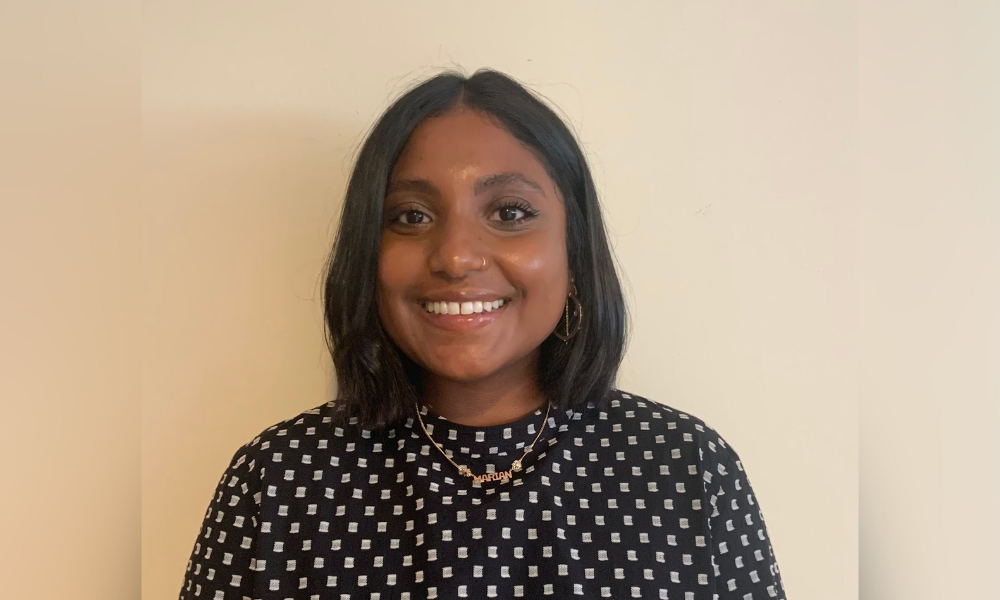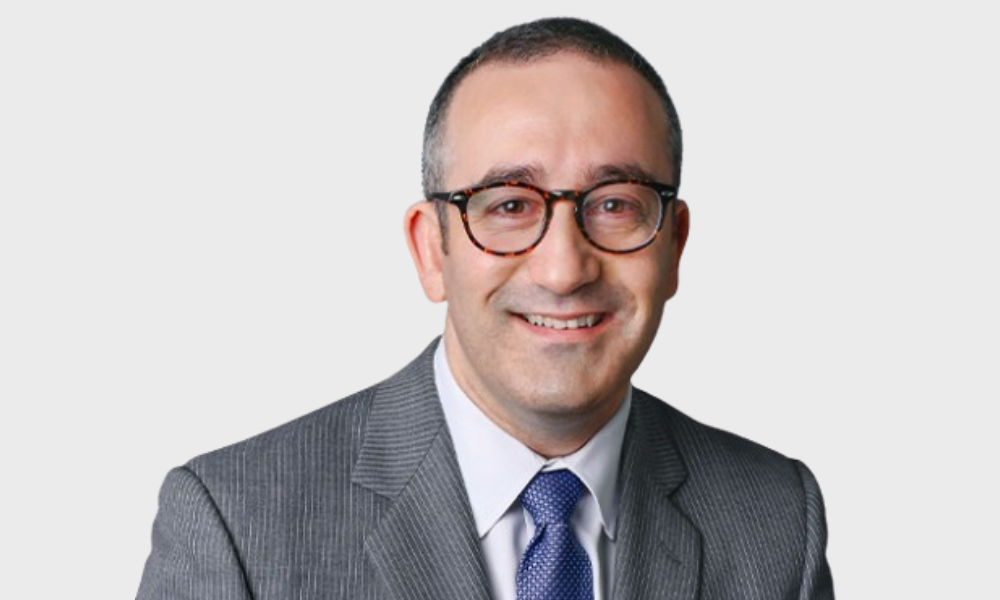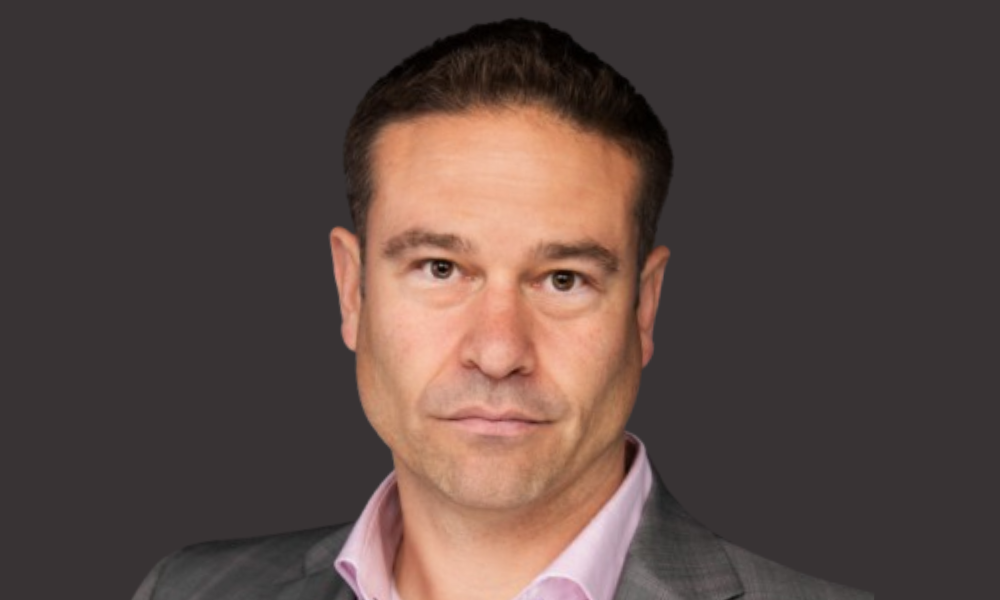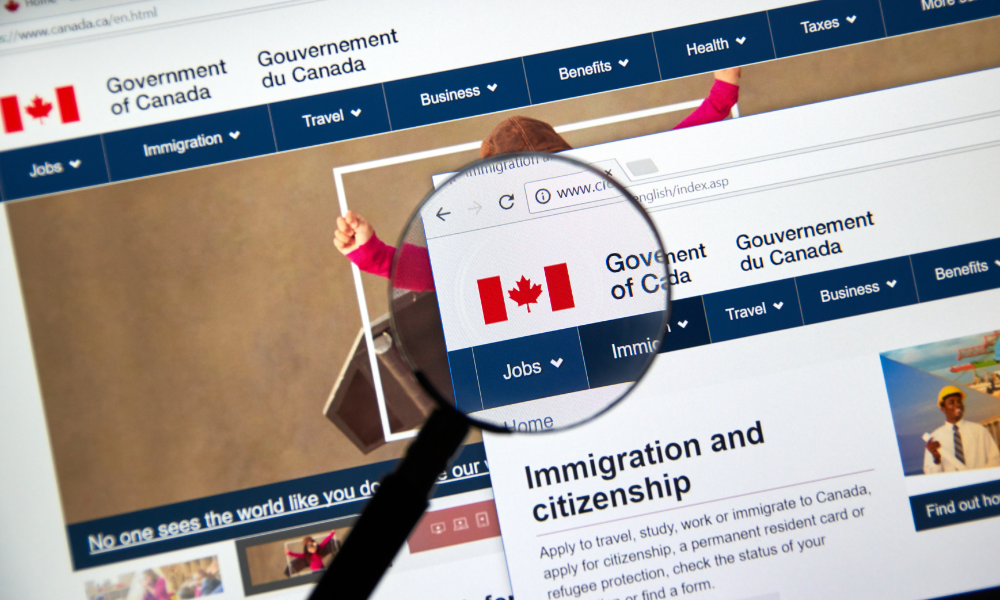April 26 event features mental health and wellness learning specialist Marian Lewin discussing her work with Google

The huge rise of remote work alongside the onslaught of the pandemic has presented employers with many challenges.
To that end, Marian Lewin is heavily involved in understanding what supports are needed for people working both on- and off-site.
A DEI practitioner with a history of building engaging programming to support individual growth, team development, and organizational culture, Lewin is also a mental health and wellness learning specialist doing work for Google and private schools.
Based in New York, she will be discussing her work at HRD’s HR Mental Health Summit Canada on April 26.
“[It’s about] partnering with various levels within an organization to think really clearly about what are the mental health concerns, what are work performance concerns, and then what are the goals within the organization as far as it comes to supporting staff and supporting anybody who's involved and who is working remotely?” she says.
Lewin’s work involves a lot of research and is a deep dive into the trends happening across the country, looking at some of the ways in which both smaller and larger organizations such as Google are supporting employees, she says
“The conversation that I'm hoping to have with folks [at the event] in April is really a culmination of that research and... our trial and error along the way.”
Lewin’s work involves looking at a company’s needs as far as employee needs, along with figuring out the best tools to use, such as surveys to garner feedback, she says.
And then it’s about understanding what to do with information you collect.
“How do you break that down into actionable items that then turn into interventions and strategies? And then, on the other side of that, how do you take a pulse for how well these interventions are working? And when do you need to make tweaks and changes to improve the efficacy of the programs?”
Tracking the success of a program is much harder when it's a large organization compared to a private school with a community of roughly 700 who are largely in-person or in some sort of hybrid format, says Lewin.
“The access is much easier versus a company like Google, where virtually everybody is remote. So the access makes it harder to understand how our intervention is landing and what can be done better.”
For more insights from Lewin and other experts, be sure to register for HRD’s HR Mental Health Summit Canada on April 26.




